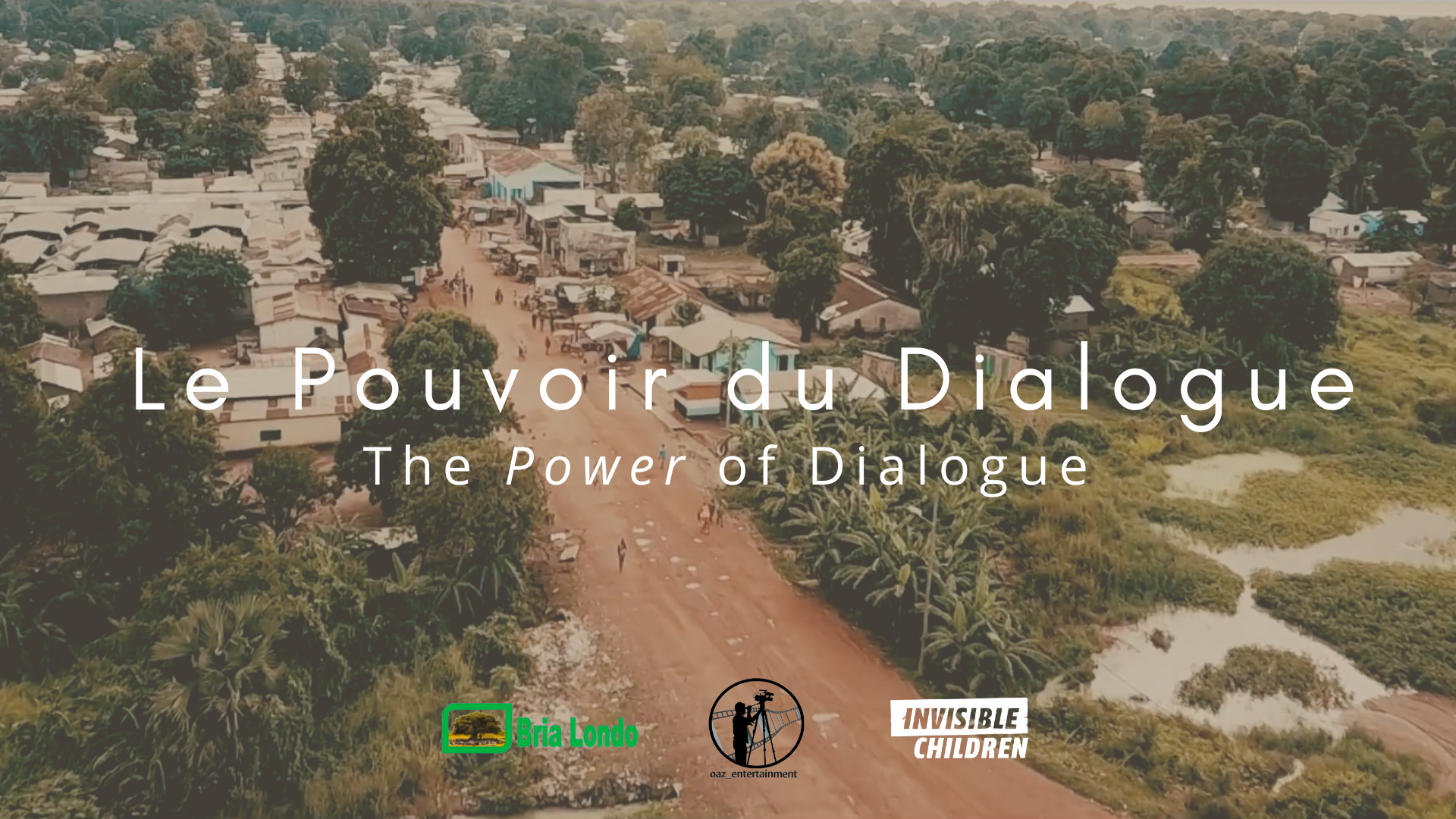Harnessing the Power of Film to Prevent
Violence & Support Conservation
Lack of information, the spread of misinformation, and deeply-rooted mistrust often prevent people from effectively addressing the challenges facing their communities. Invisible Children believes storytelling through film is a powerful way to challenge a society’s perceptions and behaviors and catalyze collective action for positive change. We collaborate with local and international experts and filmmakers to create short films with and for communities in the Central African Republic (CAR) and the Democratic Republic of Congo (DRC). Screenings of these films, which feature professional actors from local communities, are paired with guided dialogue sessions that provide a powerful opportunity for communities to discuss the issues they face in new and imaginative ways and develop their own solutions.
Across central Africa, local communities play the most important role in preventing violence, addressing its impact, and building a safer, thriving future. That’s why Invisible Children invests in innovative, community-based solutions that build resilience at the local level and reinforce the leadership and ingenuity of local communities as peacebuilders.
How mobile cinema films are made
The Films
Ani Wa Sa (We Are One)
Created in partnership with Novo, SAIPED, African Parks, and African Wildlife Foundation in 2018. This film aims to build trust between communities and conservation actors to improve collaboration on efforts to protect communities and local ecosystems.
+ 353 community screenings in central Africa
+ 32,467 people reached
+ 79% of viewers surveyed say that they are willing to take action to support conservation efforts

Think people should hear about this?